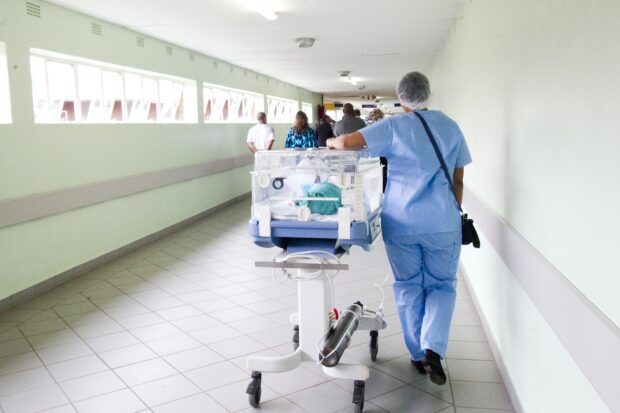Being involved in a major accident is not how anyone wants their day to go. According to the Centers for Disease Control and Prevention (CDC), more than 69,000 lives were claimed by traumatic brain injury in 2021.
On this background, someone who survives a major accident is considered lucky. This is partly true, but don’t allow it to underplay the grueling treatment period and an equally strenuous recovery.
Recovery from a major accident will vary based on how severe the accident was. This will also determine the amount of care and treatment required after being discharged from the hospital.
Getting At-Home Care
Sometimes, due to the severity or complexity of an injury, you might require at-home care, where a healthcare professional is dispatched to your home to help you with your recovery period. Based on the amount of help you require, you could assess the qualifications you would want in the nurse whose services you employ.
Much like a doctor, nurses also go through extensive training and have degrees like a Bachelor of Science in Nursing (BSN), A Master of Science in Nursing (MSN), and a Doctor of Nursing Practice (DNP) degree, among others. Baylor University points out how nurses are trained in various areas of specialization. Based on your needs, you can read up to see which qualifications and specializations you should look for.
If you can go about your day to some degree, you could look for a nurse who can provide part-time care. If your injuries are more severe and you are finding it difficult to go through everyday activities, you could look into hiring someone with a DNP acute care nurse practitioner degree. They specialize in providing care to those with severe injuries or disabilities and can make the recovery process a lot easier.
Taking Care of Yourself After Returning Home
Having survived a major accident and making it home from the hospital is a big step worth celebrating. It is not, however, a cause to give up caution. In order to maximize the amount you are able to recover and, more importantly, to make sure no unnecessary post-op complications are caused, there are some things you should keep in mind.
Strictly Adhere to Your Doctor’s Instructions
In 2012, a study revealed that close to 125,000 deaths were caused due to non-adherence on the patients’ part to doctor’s orders. This is not meant to cause undue concern, but it is meant to remind you that post-op care is equally as important as the treatment itself.
Make sure you are following all your doctor’s orders. Certainly do not cut corners since the consequences will be far greater than any benefit you might gain from doing so. Following doctor’s orders will mean you allow yourself a chance to get better as quickly as possible.
Follow A Healthy Diet
A healthy diet is essential to a problem-free recovery period. Making sure your body is getting the nutrients you need in the right amount will keep you from recovering slower than required. An added benefit is that a healthy diet also positively impacts your mental health.
Your Mental Health Is Important Too
While the physical effects of a major accident can be detrimental, the effects on one’s mental health are equally dire, if not handled correctly. While you should do your best to recover as quickly as possible, do not overexert yourself, and know when you need to take a break.
Most importantly, don’t fault yourself for not recovering the way you expected. There is no one approach to recovery, and everyone moves at a different pace. The goal is to stay motivated and keep going.
No Smoking
It is often mandated that you quit smoking before you undergo surgery. This is because smoking increases the risk of complications occurring during the surgery. This rule should be followed during post-op care, even if you are at home.
While one might be tempted to smoke after a certain amount of recovery, keep in mind that smoking will have a negative effect on your recovery period. Staying away from the act, at least until complete recovery, can be highly beneficial.
Conclusion
The recovery period from a major incident is not an easy time. Also, keep in mind that it is completely okay to ask for help. While you should focus on getting used to going about your daily routine, it is equally essential to ask for a helping hand when you need it. Having a good support system has proven to be beneficial to the recovery process.
Most importantly, do not give up hope, and keep taking one step forward at a time.




